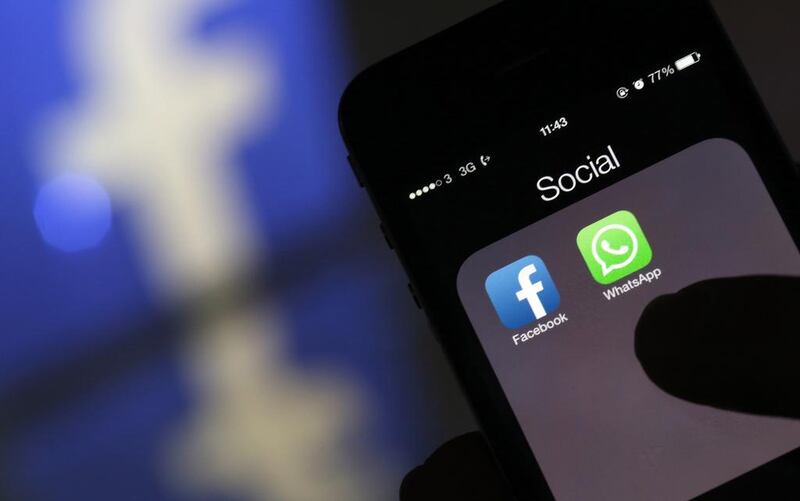DUBAI // Social media has changed the face of diplomacy and governments must adapt to their loss of control over information, a US state department official says.
Richard Buangan, managing director for international media engagement, said times had changed with the public’s growing access to information and news worldwide.
“In diplomacy and media, a conversation can be the most powerful tool we have,” Mr Buangan said. “Conversations have the power to transform, empower and create.”
Social media has greatly affected the Arab world since 2011 since platforms, such as Facebook and Twitter, were key factors in organising the Arab Spring uprisings in Egypt and Tunisia.
Since then, technology has fundamentally changed the way in which news and information is delivered.
“Digital platforms created an equilibrium in which the public can now participate in news gathering, news sharing and more importantly, decision-making,” Mr Buangan said at the Arab Media Forum.
“Media and diplomacy both succeed when words empower people to action. We fail when we stop adapting and we lose credibility.”
Elites are no longer seen as gatekeepers of information and diplomats worldwide have become spokespeople for governments, he said.
“To stay competitive, we can’t selectively engage,” Mr Buangan said. “News now travels by Twitter or Facebook and social media has shattered the barriers to communication.
“A farmer in China can now read The New York Times or an American teacher in Iowa can look at Al Jazeera Plus and learn about the world around them in an instant.”
He said the state department had found that it could take action and talk directly to the public through social media.
“We’re finding ways to spur that into action. We’re finding the nexus between social and political and we’re setting up shop there,” Mr Buangan said.
“We have to be able to find our voice and be comfortable amplifying others in the new marketplace.
“In the old model, power and authority were the old currency to be heard. In the new one, it’s authentic voices and your ideas.”
He said media and diplomacy thrived when engagement and conversation were encouraged.
“We can choose to remain traditional like a professor lectures his students in a university or we can embrace the changing paradigm to which technology has led us. Public diplomacy is an opportunity to expose an open avenue of dialogue.”
Although some political scientists from the Gulf agreed, they said the US must do more to understand the region.
“Their actions, misdeeds, blunders and their policies in the Middle East and other regions are not really making their job smooth,” said Dr Abdullah Al Shayji, chairman of political science at the Kuwait University.
Dr Al Shayji said human suffering in the region had reached unacceptable levels.
“People in the US are trying to wiggle out of it,” he said. “All these issues in the age of 24-hour connectivity that the Americans brag about – you cannot fool people any more.”
He said academia and media from both sides needed to include more cultural exchanges.
“There is a huge gap and mutual ignorance on both sides,” Dr Al Shayji said. “Maybe this will crack this wall in order for them to understand that there has to be fundamental change in their approach to our region.”
cmalek@thenational.ae






